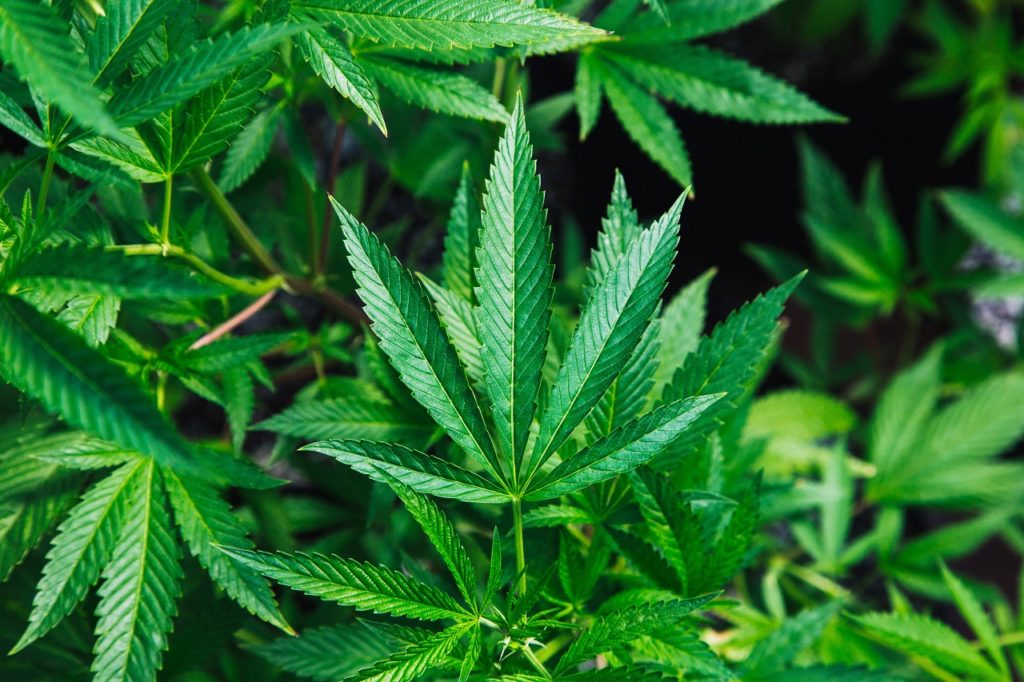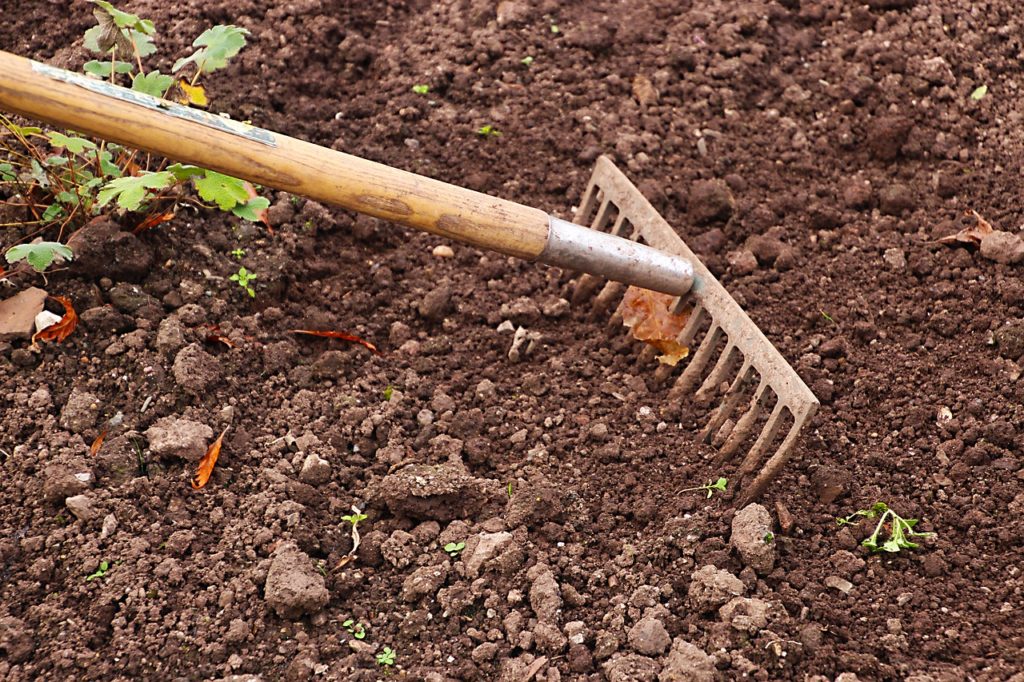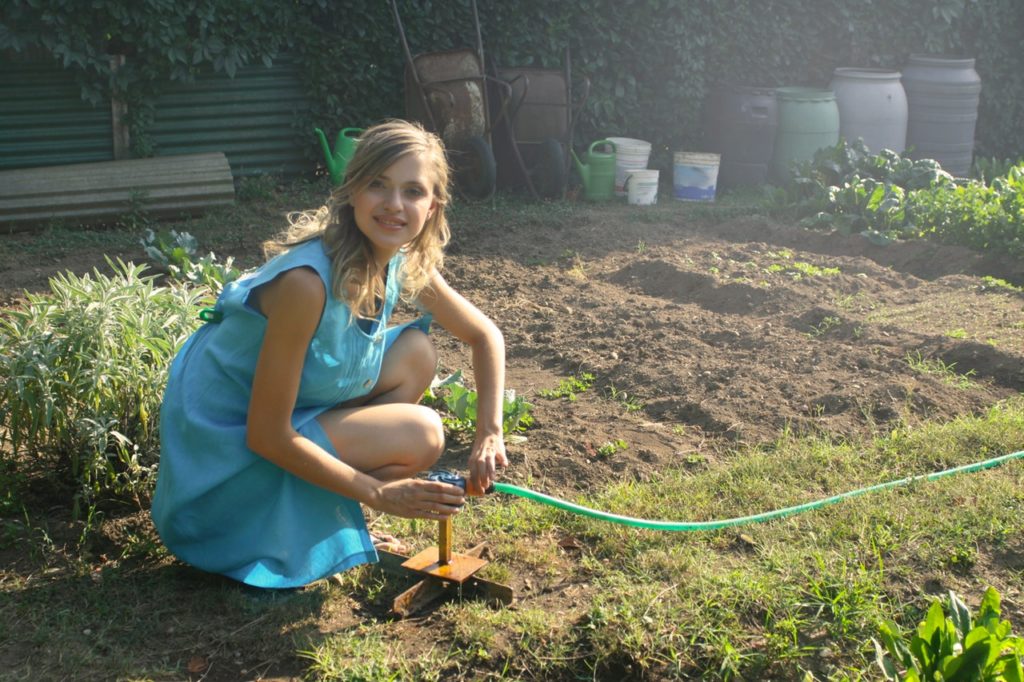Due to the current state of the prohibition of cannabis in Spain, many consumers are beginning to see the light and are growing the plants themselves in order to avoid problems with the authorities. According to police data, cannabis growing is a profitable business for criminals because setting up an indoor plantation costs approximately $10.800 to $32.000 (€30.000), depending on the size.
Economic crisis forces Spaniards into illegal cannabis growing


Following the economic crisis in Spain, dozens of low-income families were forced into the business of illegally growing recreational cannabis indoors for extra income. According to information from the Guardia Civil, the indoor cultivation of small cannabis plants allows families to obtain up to $5,400 (€5,000) for each harvest, which, depending on the climatic characteristics of the area where they are grown, could be up to four periods per year.
By installing the Hemp.im mobile application, you will be the first to know and receive an update from the best cannabis news aggregator. Learn about potential opportunities in the rapidly changing marijuana space and become familiar with leading professional investors focused on the industry.
Cannabis indoor cultivation
The cultivation method works as follows: the drug traffickers contact the interested parties and come to their homes to set up the electrical installation that will artificially light the cannabis day and night. The next step is the cultivation of cannabis plants. Before they leave, they give a manual for growers with detailed instructions for the care of the plants. If these steps are followed in order, it is possible to obtain between 5 and 20 kilos of cannabis from each indoor planing.
After the harvest, they pay the grower families what they have agreed to. This way of operating works as a cooperative of small producers who, with their plants, provide goods for Germany, England, France, Poland, Estonia, and Latvia. Regarding the places families use to hide their cannabis crops, in the last four years, police found cannabis in rooms, garages, sheds, backyards, attics, small boats, and even trucks.


It is worth noting that the Spanish authorities pointed out that the growers are only the first link in the chain, since there are also the facilitators, who coordinate the cultivation, and the distributors, who take the merchandise out of the country; all in the form of a gear that works as an international corporation.
Cannabis brings quick extra money to the growers
An article published by the Spanish newspaper El País highlighted the situation in some provinces in southern Spain, where this practice is a way of life for many of their inhabitants. For some, it is the possibility of obtaining extra money, while for the youngest it represents earning money quickly, easily and with little risk. Meanwhile, for criminal groups, this business also represents a win-win model. That is because the investment is small and is recovered with the first harvest.
With regard to expenses, such as those generated by the consumption of electrical energy, criminals are looking for ways to steal public wiring. There is information that the police are investigating communities that have had high electricity consumption in recent years, as a clue to the possible existence of illegal cannabis crops.
According to police data, it is a profitable business for criminals because setting up indoor plantation costs approximately from $10.800 (€10.000) to $32.000 (€30.000), depending on the size. However, a kilo of cannabis sells for at least $4,300 (€4,000) in England, and the penalties for growers are weak because people without a criminal record are unlikely to go to prison. If they are convicted, it does not go beyond three years.
Illegal cannabis plantations increased in the last years
Authorities recorded a boom in indoor cultivation over the last four years, as seizures of illegal cannabis increased by 600%, according to the Ministry of the Interior. For this reason, search raids are almost weekly, and are carried out in various regions of towns in Granada, Malaga, Cadiz, and Valencia, especially in humble homes.


Official statistics showed that of the 20,000 people arrested for drug trafficking in Spain each year, almost 70% are Spanish and more than half were arrested for illegally growing cannabis.
Export as a reason for illegally grown cannabis
However, despite the seizures, cannabis export figures have rebounded by more than 50% since 2014, according to data from the Center for Intelligence against Terrorism and Organized Crime (CITCO). It is worth noting that this problem is not only one of public health, but also involves various processes of violence ranging from murder to illegal trafficking of persons, mostly migrants, who are sold to criminal groups as slaves for indoor plantations in Toledo, Segovia, Madrid, and Zamora.
“These people were exploited and remained inside the buildings for long periods of time, even covering the entire crop cycle. They receive visits from members of the organization who supplied them with scarce food only once a week,” described the police reports cited by El País.
Finally, the authorities pointed out that the origin of this phenomenon is the great demand for cannabis in Europe, and the bureaucratic processes that prevent adequate regulation and, in turn, facilitate the impunity with which Spanish mafias operate.
__
(Featured image by Rick Prostor via Unsplash)
DISCLAIMER: This article was written by a third party contributor and does not reflect the opinion of Hemp.im, its management, staff or its associates. Please review our disclaimer for more information.
This article may include forward-looking statements. These forward-looking statements generally are identified by the words “believe,” “project,” “estimate,” “become,” “plan,” “will,” and similar expressions. These forward-looking statements involve known and unknown risks as well as uncertainties, including those discussed in the following cautionary statements and elsewhere in this article and on this site. Although the Company may believe that its expectations are based on reasonable assumptions, the actual results that the Company may achieve may differ materially from any forward-looking statements, which reflect the opinions of the management of the Company only as of the date hereof. Additionally, please make sure to read these important disclosures.
First published in NACION CANNABIS, a third-party contributor translated and adapted the article from the original. In case of discrepancy, the original will prevail.
Although we made reasonable efforts to provide accurate translations, some parts may be incorrect. Hemp.im assumes no responsibility for errors, omissions or ambiguities in the translations provided on this website. Any person or entity relying on translated content does so at their own risk. Hemp.im is not responsible for losses caused by such reliance on the accuracy or reliability of translated information. If you wish to report an error or inaccuracy in the translation, we encourage you to contact us.



Comments are closed for this post.